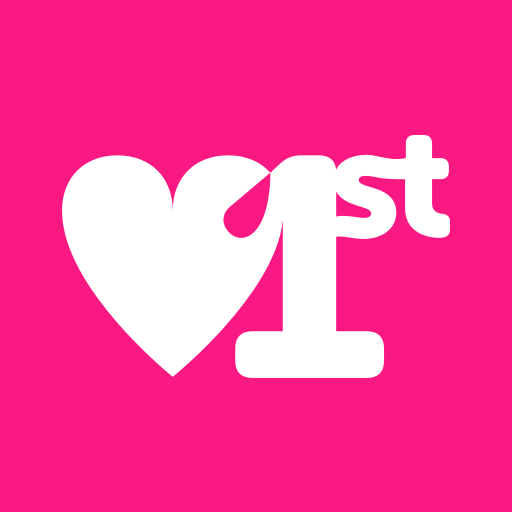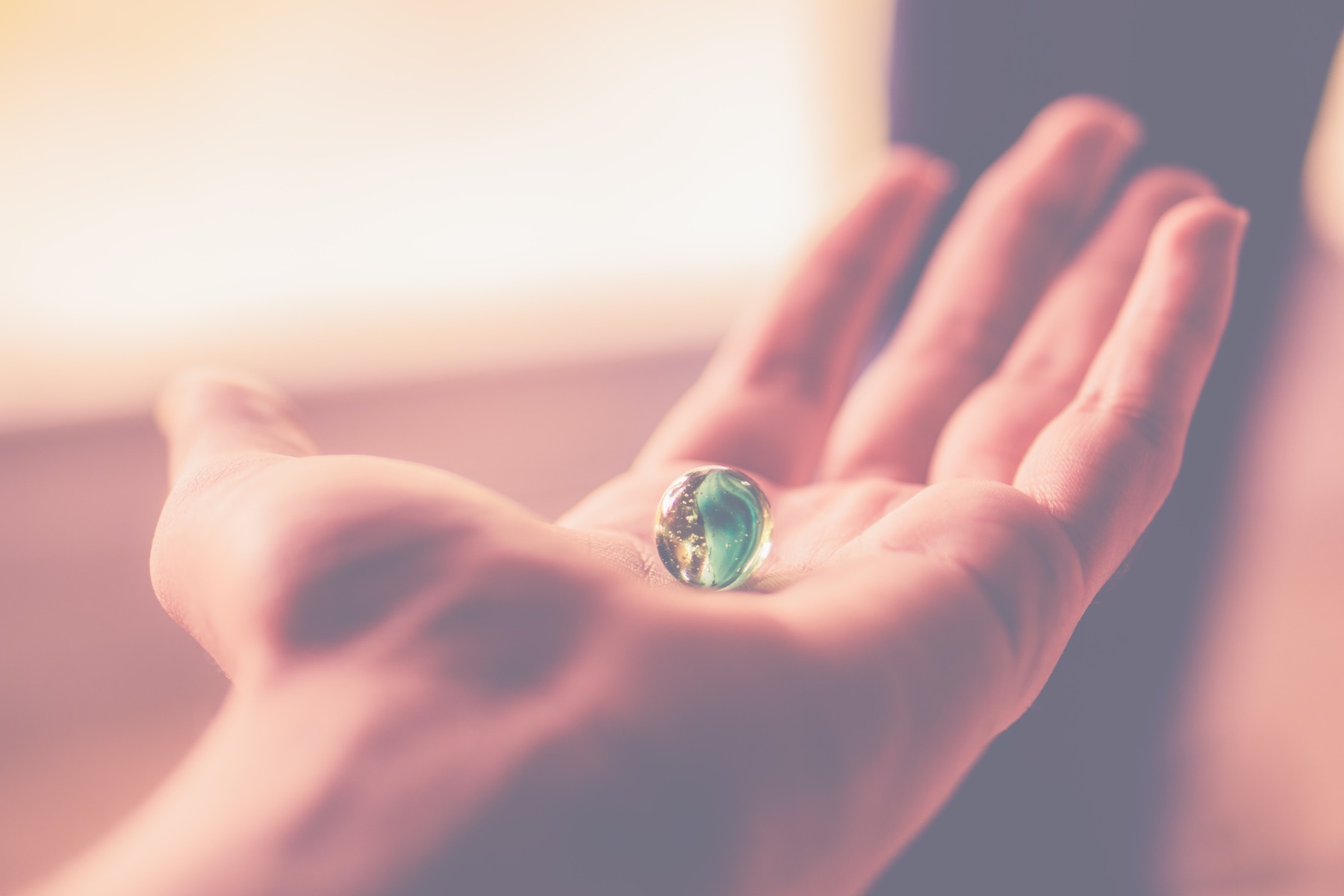How To Create A Better World For Tomorrow
The world of yesterday was unsustainable. Today, more than ever, we have an opportunity to consciously envision and create a better world for tomorrow.
A better, sustainable and brighter future takes more than radical overhaul of economic systems and governments, although those are very necessary steps. Countless areas of human society will a grounds-up rethinking, but perhaps the most critical domain is the one each of us can change starting today:
How we think about ourselves and others
We have to move on from “us versus them” to “us all versus the problems” — but how do we do that?
We intentionally cultivate our capacity to love; by growing our skill and understanding of love on love’s terms. Not by my ideological terms, yours, or anyone’s—but love’s. And love itself is unconditional. Sustainable, balanced, resilient. And above all, true universal love is harmonious.
It starts by consciously defining yourself as a person who holds love for all people; a baseline saying “you are human and therefore worthy of love and belonging, above all else.” No exceptions. (Accountability yes; exceptions no.)
Next, devote yourself not just to personal growth, but also to helping others grow without using the tools that made our world of yesteryear so broken: avoid using shame, blame, and judgement as means to encourage people to be better. Instead, practice using the tools of love: support, empowerment, and patience.
But even as we create a rising tide to lift all boats, there is a final step: a reframe, in our minds, of how we see ourselves at scale:
We have to stop thinking of generations as the biggest measure of a group identity.
Generational thinking will not help us overcome “us versus them” — as clearly evidenced by the ongoing “boomers versus millennials” debates and conflicts.
Just one problem, right?
How to define a cultural identity greater than a generation
A requirement for this larger-scale holistic and cultural identity is that it must not be defined by something people are born into, or “achieve” as status. Rather, it should be by conscious elective choice (consent), and involve ongoing practice by definition (to foster accountability).
New Years resolutions capture that “ongoing practice and a commitment to become better.” While they aren’t a shared identity, let’s grow the scale of that thought:
- Each new year is an opportunity for a person to set new goals and plans for themselves;
- Each new decade is an opportunity for an intentional tribe of people to devote themselves to something revolutionary;
- Each new century is a chance for humanity to reinvent itself as a whole, as a species, and finally:
- Each new millennium can be an era for all of human history to become defined with intention and purpose.
So what do we call a defined collection of people that transcend the confinements of race, gender, class, ability, sexuality, religion, age, and generation?
I thought on it for a while, and eventually realized the answer clearly.
What do we call something pleasing and special, where each individual element is unique? Where each piece is valued, and contributes something beautiful to the whole? Something that only exists for as long as it is actively practiced?
A harmony.
Let us become the first harmony of humanity.
And make this decade the Decade of Love.
This is Love First
Photo credit: Dewang Gupta

